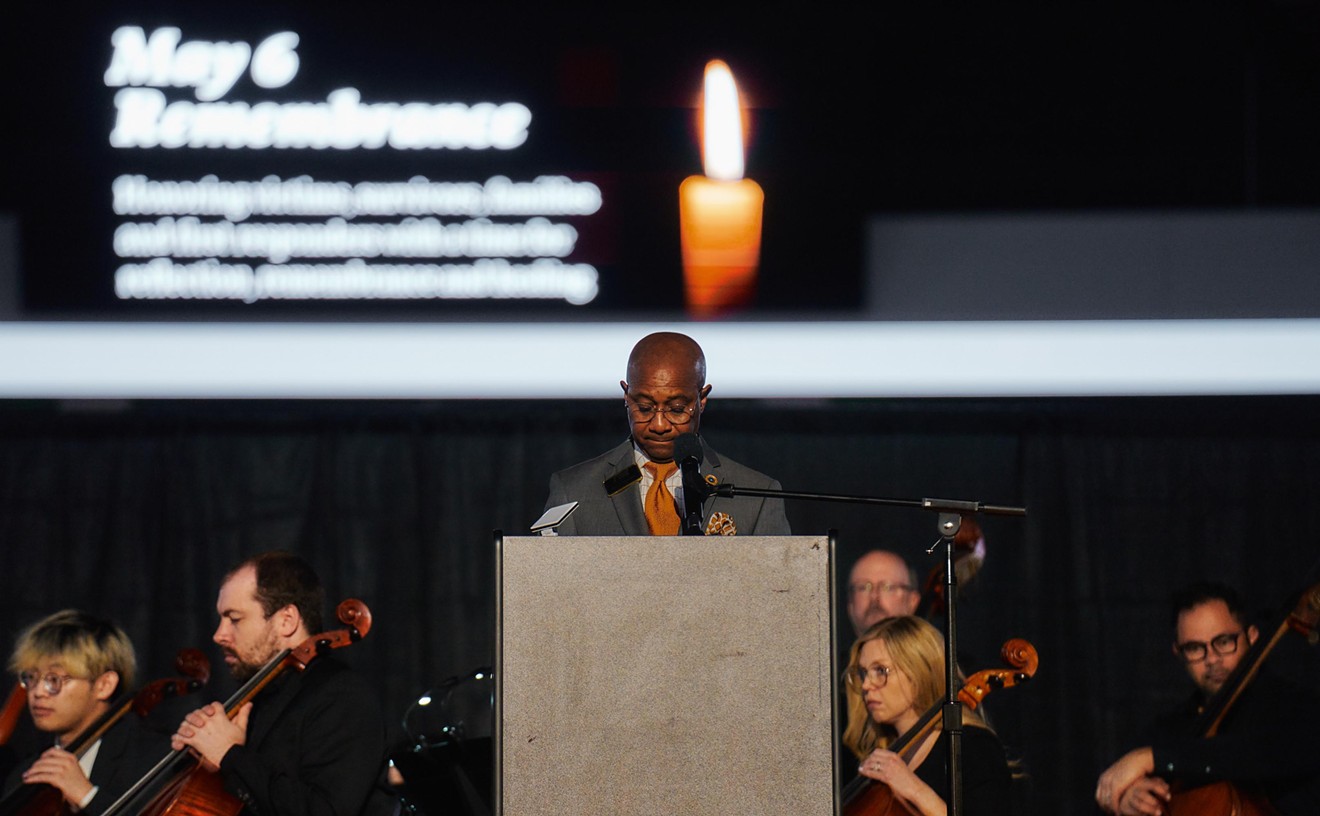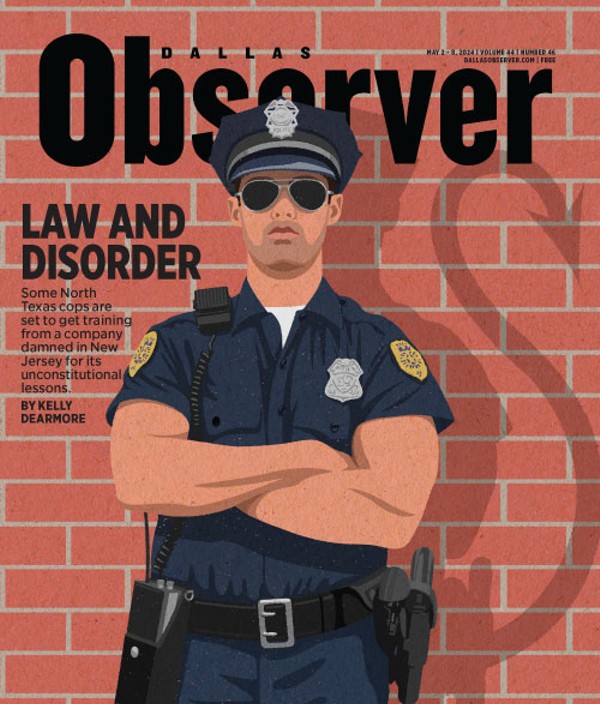At the end of more than five hours of debate over the ordinance, which passed 9-2, Austin Mayor Steve Adler called on Texas' other big cities to pass similar laws in order to create momentum for paid leave in the state before an inevitable challenge from the Legislature. Dallas City Council member Philip Kingston said Friday that he's planning on doing everything he can to pass paid sick leave in Dallas this year.
“I'm extremely pleased for the overwhelming victory for workers in Austin," Kingston said. "It makes me optimistic that the same development could happen in Dallas. I fully anticipate that there will be an effort both on council and from workers' rights advocates to bring this measure to Dallas."
"Just because a waitress gets a sick day off, or gets to go take her kid to the doctor without fear of losing her job or her income, I don't think it means that she's going to seize the means of production." – Philip Kingston
tweet this
Kingston believes that it's within Dallas' rights as a home rule city to pass a regulation similar to Austin's and believes a Dallas sick leave ordinance will hold up in court. He doesn't believe the idea, already being trotted out by opponents of mandatory paid sick leave, that laws like the one passed in Austin are anti-business or a slippery slope to socialism.
"Just because a waitress gets a sick day off, or gets to go take her kid to the doctor without fear of losing her job or her income, I don't think it means that she's going to seize the means of production," Kingston said.
In addition to allowing workers to take off for illness, Austin's ordinance also allows accrued time to be used for taking care of families and dealing with the consequences of domestic or sexual violence. Jessica Milli, a study director at the Institute for Women’s Policy Research, told the council that the new policy will save Austin businesses $4.5 million per year thanks to lower turnover for workers, according to the Texas Observer.
In an interview with the Texas Tribune, Paul Workman, an ironically named Republican state representative from Austin, promised to file legislation to repeal Austin's ordinance, which is slated to become effective Oct. 1, the first day bills can be filed for the 2019 legislative session.
"It’s not the role of the government to mandate for employers to do this," Workman said. “I will make good on my promise to file legislation on the first day possible to reverse this and the other liberal Austin policies they enacted.”
While Kingston isn't tipping his hand as to how he and workers rights advocates intend to push for paid sick leave in Dallas, there are two paths they could take. First, Kingston and his allies on the Dallas City Council could push for the item to be put on the council agenda, hopefully to be passed by the council later this year.
Otherwise, a petition drive could be organized to put the policy on the ballot for the November election. In Dallas, petition organizers need to collect signatures from 10 percent of qualified voters in the city. If that happens, the council would then have the option of adopting the ordinance immediately or placing it on the ballot, according to the city charter.












